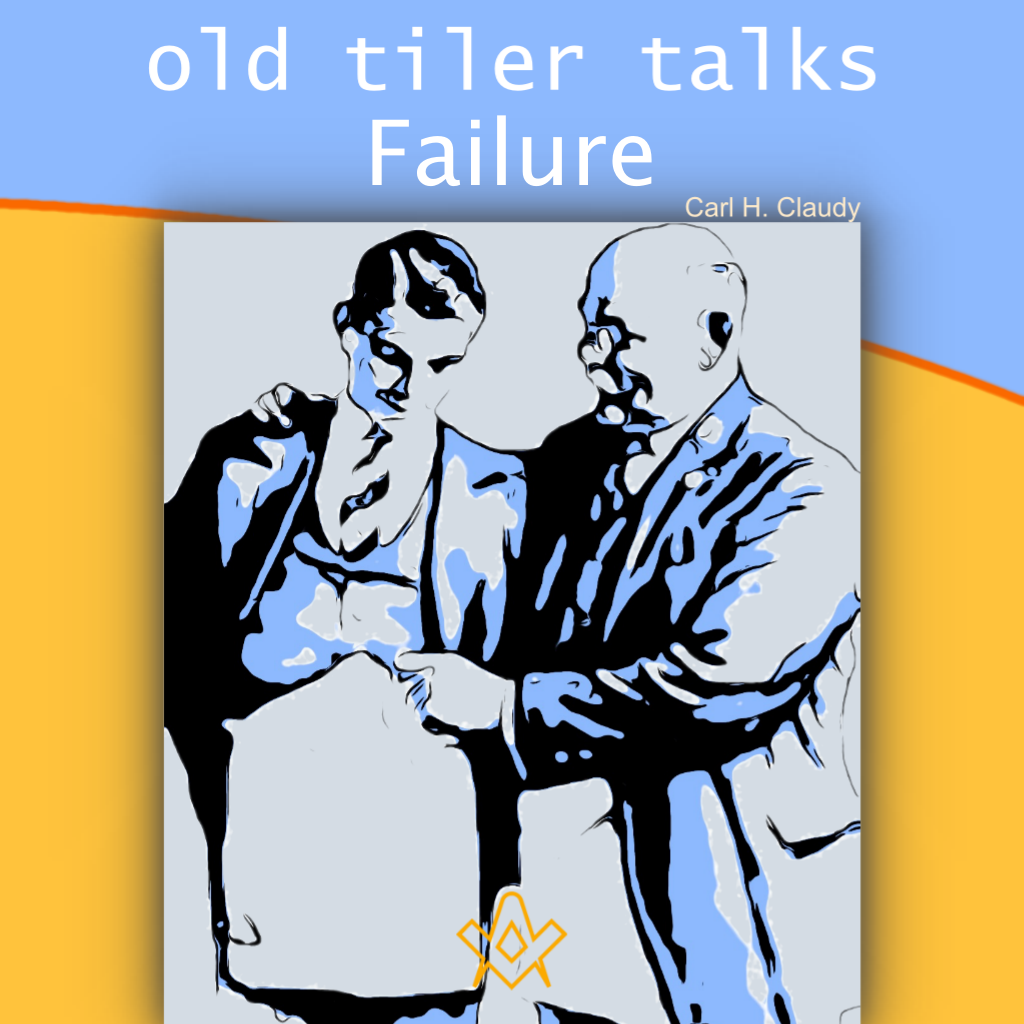The Old Tilers talks first published in 1925, by Carl Claudy, is a series of short anecdotal stories told in the setting of a new member asking an old tiler for his opinion on various masonic topics.
These short articles are still very relevant, 100 years on, and hopefully provide some insight to new members today.
“What’s troubling you?’ asked the Old Past Master of a serious-faced brother who sat down next to him.
“So much I hardly know where to begin to tell it,” came the response. “I try to be an optimist, but I can’t help feeling that, practically speaking, Masonry is a failure, and it depresses me horribly, because I love it.”
“Now that’s too bad,” said the Old Past Master soberly. “Masonry is a failure, practically speaking! That would depress me, too, because I also love it. In fact, I should think it would depress a great many men.”
“Yes it would…. a lot of men love it,” said the troubled brother.
‘Suppose you explain why it is practically speaking a failure,” said the Old Past Master. “If I ought to be depressed because of such a condition I think I ought to know it.”
The troubled brother looked up suspiciously, but the grave face in front of him wore no smile. If the old eyes twinkled they were hidden by solemn lids from the penetrating glance of the troubled brother.
“Well, it’s this way,” he began. “Masonry teaches brotherhood. Naturally, your brother is a man on whom you can depend; he is worthy of trust. One believes in one’s brother. One backs his note and expects to be paid; one is willing to trust one’s wife, one’s life, one’s good name, to a real brother.
“But there are a good many men who are Masons that I know are not worthy of my trust, merely because they are Masons.
They are my brethren because I have sworn with them the same obligations and professed the same faith.
But I do not think I could trust them with that which is of value to me, and I know they wouldn’t trust me with what is of value to them.
I don’t mean they are not good men, but I don’t feel that my Masonic bond is strong enough to give me the complete trust which a real brotherhood should provide and I don’t think they feel it either.
“If I were in a strange city and a man came up to me and wanted to borrow two dollars and pointed to a Masonic pin as the reason, I wouldn’t lend it to him. And if I walked into a strange bank and tried to cash a check for twenty dollars on the strength of my Masonic pin, I wouldn’t get it.”
“A pin, you know,” put in the Old Past Master, “is not real evidence of being a Mason!”
“No, but even if I could convince the banker I really was a Mason he wouldn’t cash my check without identification.
And I wouldn’t give money to a stranger even if I knew he was a Mason, because….well, because my brotherhood hasn’t struck deep enough, I guess. And so it seems to me that practically speaking, Masonry is a failure.’
“And yet you say you love it!” sorrowed the Old Past Master. My brother, you have, in the language of the street, got hold of the wrong dog.
“Now let me talk a minute. Your blood brother is a man you love. You were children together, you fought with him and for him.
You shared his joys and sorrows. You learned him, through and through. If you love him and trust him, it is not because of your mutual parentage, but because of your association.
Two boys are not blood brothers, but raised as brothers, may have the same tender love and trust. It isn’t the brotherhood of the flesh, but the brotherhood of spirit, that makes for love and trust.
‘You complain because you don’t have that feeling for a stranger. Had you been parted from your blood brother at birth, and never seen nor heard of him until he met you on the street and demanded money while offering proof of his blood relationship, would you trust him without knowing the manner of man he had come to be? Merely because he was a blood relative wouldn’t mean he was the type of man you are. He might have become anything during these years of separation.
“Now, my brother, when you became a Mason you assumed a tie of brotherhood with all the other Masons of the world.
But you did not assume any obligation to make that tie of brotherhood take the place of all the virtues which are in the Masons of the world, or the virtues possessed by the profane.
If you are a true Mason you will extend Masonic brotherhood, practically, to those Masons who hold out the brotherly hand to you; which means those men who are able and willing to prove themselves brothers and Masons, not merely those who belong to lodges and wear pins.
“The world is one big compromise, my brother, between things as they are and things as we would like to have them.
You would like to be rich, and you compromise by getting what you can. You would like to be famous, and you compromise by being as well known as you can and doing the best you can to deserve fame.
You would like to be the most highly skilled man in your profession, but you have to compromise with perfection on the one hand, and the need of earning a living on the other.
As a Mason, you would like to trust on sight every Mason in the world, but you have to compromise with this fact that all Masons are human beings first and Masons afterwards, and human beings are frail and imperfect.
“Masonry makes no man perfect. It merely holds out one road by which a man may travel towards the goal of spiritual perfection more easily and with more help than by other roads.
It had no motive power to drive men over that road; but it smoothes the way and points the path. The travel is strictly up to the individual brother.
“If you trust those whom you know travel that path, they will trust you….and Masonry will be, practically speaking, for you both a success.
If you travel with your eyes open, you will see many who fall by the wayside, not because the way is plain and smooth, but because they are too weak to travel it. That is the fault, not of the road, but of the traveler.
“And so, my brother, Masonry cannot be a failure, because men fail as Masons. As well say the church is a failure because an evil man goes to it; as well call Christ a failure because all men are not Christians. The failure is in the man, not in the beautiful philosophy which is Masonry.”
‘And I,” said the troubled brother, “Am a failure now because I have failed to understand. But not in the future, thanks to you.”
Article by: Carl H. Claudy
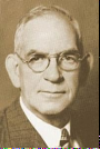
Carl Harry Claudy (1879 – 1957) was an American author, magazine writer, and journalist for the New York Herald.
His association with Freemasonry began in 1908, when, at the age of 29, he was raised a master Mason in lodge Harmony No. 17 in Washington, DC. He served as its master in 1932 and eventually served as Grand Master of Masons in the District of Colombia in 1943.
His Masonic writing career began in earnest when he became associated with the Masonic service Association in 1923, serving as associate editor of its magazine, The master mason, until 1931.
Under his leadership the service Association was brought to a place of predominance through his authorship and distribution of the short talk bulletin which made his name familiar to virtually every lodge in the country.
 Old Tiler Talks - Eyes Lifted High The Old Tiler Talks first published in 1925, by Carl Claudy, is a series of short anecdotal stories told in the setting of a new member asking an old tiler for his opinion on various masonic topics. These short articles are still very relevant, 100 years on, and hopefully provide some insight to new members today. |
 Old Tiler Talks - Masonic Libraries The Old Tilers talks first published in 1925, by Carl Claudy, is a series of short anecdotal stories told in the setting of a new member asking an old tiler for his opinion on various masonic topics. These short articles are still very relevant, 100 years on, and hopefully provide some insight to new members today. |
 Old Tiler Talks - So Many Rascals "Why are there so many rascals in the Fraternity, and why don't we turn them out?" a new member voiced to the old tiler for his opinion. These short articles are still very relevant, 100 years on, and hopefully provide some insight to new members today. |
 Old Tiler Talks - The Greatest Work The Old Tiler asked, "what is the greatest work of Masonry?" The New Brother sat by the guardian of the door and pulled out his cigar case. - Another instalment of wisdom by Carl Claudy, The Greatest Work |
 Old Tiler Talks - Why Men Love Freemasonry The 'Old Tiler Talks' first published in 1925, by Carl Claudy, is a series of short anecdotal stories told in the setting of a new member asking an old Tiler for his opinion on various Masonic topics. These short articles are still very relevant, 100 years on, and hopefully provide some insight to new members today. |
 Old Tiler Talks - Seeking a Little Light The Old Tilers talks first published in 1925, by Carl Claudy, is a series of short anecdotal stories told in the setting of a new member asking an old tiler for his opinion on various masonic topics. These short articles are still very relevant, 100 years on, and hopefully provide some insight to new members today. |
 The new mason laments that practically speaking, Masonry is a failure, and it depresses me … Masonry cannot be a failure, because men fail as Masons. The Old Tilers talk by Carl Claudy |
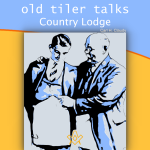 Old Tiler Talks - Country Lodge A lesson in the importance of an open mindset to observe, not to judge, but to learn and accept that we can achieve the desired outcome employing a different process. by Carl Claudy |
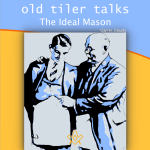 Old Tiler Talks - The Ideal Mason "What's your ideal of Freemasonry?" asked the Younger Mason - A short anecdotal story told in the setting of a new member asking an old tiler for his opinion on various masonic topics by Carl Claudy |
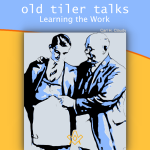 Old Tiler Talks - Learning the Work A short anecdotal story told in the setting of a new member asking an old tiler for his opinion on various masonic topics by Carl Claudy |
 Masonic first appointments and promotions might appear to be inequitable for one point a view, but some times, one point does not show the whole picture. A perfectly articulated story by Claudy, we should not compare one persons abilities with another. |
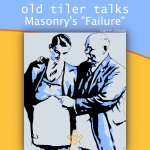 Old Tiler Talks - Masonry's 'Failure' Masonry fails because it doesn’t interest men sufficiently to make them practice what they preach. A perfectly articulated story by Claudy Masonry does not fail men. Men fail Masonry. Masonry has the teachings. |
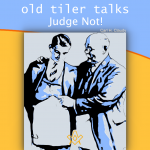 A perfectly articulated story by Claudy reminds us of a lesson from the Second Degree Charge; in the decision of every trespass against our rules, judge with candour, admonish with friendship, and reprehend with mercy. |
 Old Tiler Talks - A Masonic Speech A Masonic Speech - I can tell you the essence of appeal. It is drama. If you want your hearers to hang on your words, dramatize your subject |
 Old Tiler Talks - A Mason's Christmas A Mason's Christmas - Do you believe in Christmas celebrations should be held by the lodge ? Should members be asked to contribute to one and engage in Christmas festivities ? What is the old tilers take on this ? |
 Advertising - We would do more good in the world if we advertised ourselves more… Why ? |
 Uncover the mystery behind one of the oldest and most widespread symbols denoting God. |
 Do you want to discover the originals of the five points of fellowship ? |
 The mystery behind the two great pillars that stood at the porchway entrance of King Solomon Temple |
 Three numbers, what are their masonic significance? Pythagoras has something to say about them |
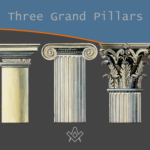 What are the Three Grand Pillars ?, wisdom, strength, and beauty - then later we hear of the Doric, Ionic, and Corinthian columns |
 This emblem contains more real food for thought than any other in the lecture of the Sublime Degree. |
 The Hiramic Legend is the glory of Freemasonry; the search for that which was lost is the glory of life |
 How are the Fellowcraft's five steps connected the five senses of human nature |
 How to explain the principle tents of the craft to a newly made brother |
 What are the lesser lights and where are they placed on our Lodges |
 Like so much else in Freemasonry the Middle Chamber is wholly symbolic |
 In the true sense of the words Freemasonry is not a secret society but a society with secrets. |
 Three Great Lights – the Volume of the Sacred Law, the Square, and the Compasses |
 Entered Apprentice Lambskin Apron; More ancient than the Golden Fleece or Roman Eagle, more honourable than the Star and Garter ... |
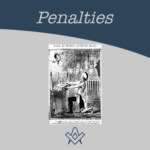 To the initiate, the penalty in his obligation comes with a shock of surprise and sometimes consternation. |
 What is a point within a circle |
masonic knowledge
to be a better citizen of the world
share the square with two brothers

click image to open email app on mobile device
Tubal Cain
Masonic Apron NFT
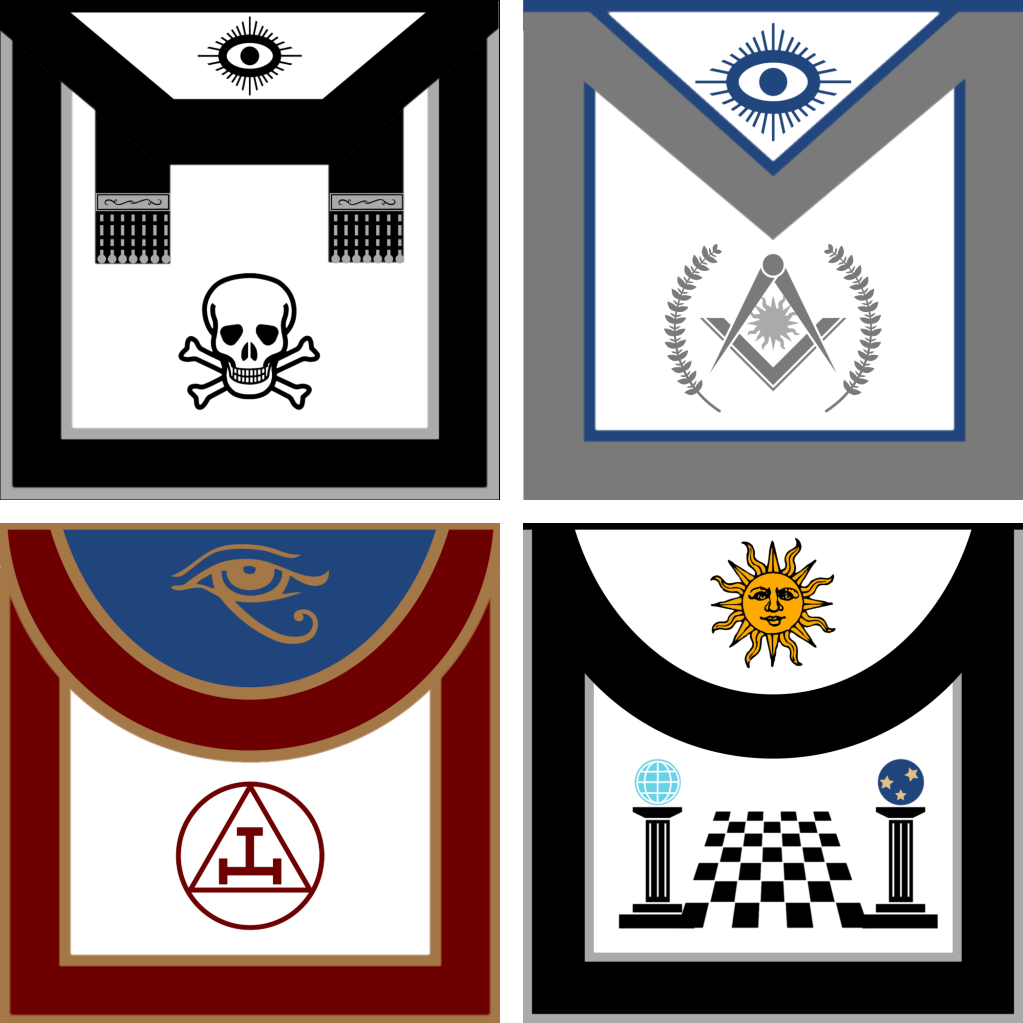


Each NFT includes the JPEG image plus a full size masonic apron and shipping worldwide
